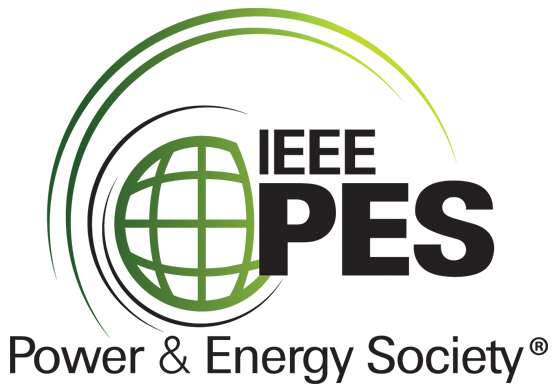
Henry Louie – Fullbright Scholar – Assistant Professor, Electrical and Computer Engineering – Seattle University College of Science and Engineering
Primary Research Area: renewable energy integration, appropriate technology, humanitarian engineering, power system analysis
Even a small amount of electricity can make a huge difference to someone in a third world country. As a power and energy engineer, you can make it possible for a person to have a cell phone so they’re not completely isolated, or provide kids the light that allows them to study at night.
One of the great things about today’s students is they’re starting to think globally about power and energy. They consider the effects of power and energy on climate change, energy interdependence, and the quality of life everywhere.

I’ve done humanitarian engineering work, specifically rural electrification in Africa. Students have also participated with me in programs for Engineers without Borders and in the IEEE PES Community Solutions Initiative, helping provide cheap energy to rural and often impoverished communities. We do projects like working on a low-cost wind turbine to provide electricity to a hospital or community center and making hand-crank generators for Africa.
It’s an eye opener for students to see how much we take for granted a ready and cheap supply of electricity. Even a small amount of electricity can make a huge difference to someone in a third-world country; whether that’s a cell phone so they’re not completely isolated or a light that allows kids to study at night.
Students learn that, as a power and energy engineer, not only will they have a good, well-paying job, but they will be improving people’s lives. Engineering is not just equations. It’s doing something that’s important to the nation and the world.
One of the big challenges facing someone who starts a power and energy engineering career today is the integration of renewable resources. What’s the trade-off between cost and environmental impact? What are the roles of the smart grid, communication networks, computers and the power system? We’re going to need some really smart people to figure those things out. Take for instance electric cars — it’s not just about design, but about what the infrastructure is for getting the electricity to the vehicles.

For their senior design projects, my students get in teams and work with a corporate sponsor to solve a power-related design project devised by the corporations. The students write proposals and reports and do everything they would do if they were employed at the company. Quite often they end up being hired by the sponsoring corporation after they graduate.
Going forward, power and energy engineers are going to have to be better communicators than engineers have been traditionally. Energy policy is a hot topic with the public now, and non-engineers want to talk about things like peak oil, solar power and wind energy. As engineers, we need to be able to communicate the benefits and drawbacks of what they’re considering in language they can understand. That’s going to be a key skill in rising to the top of our industry.

